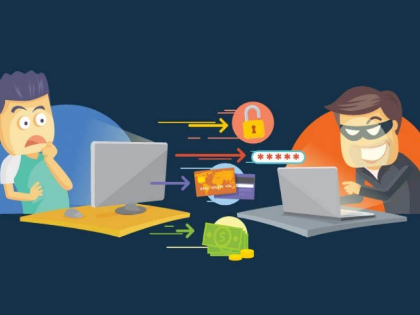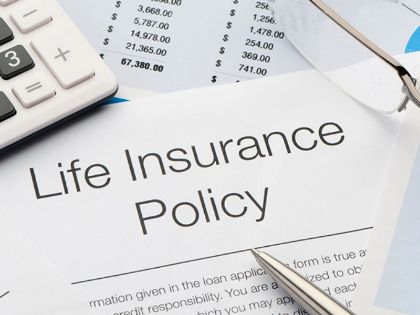The Benefits and Drawbacks of Consolidating Debt with a Personal Loan
If you complete your payments on time, a personal loan might improve your credit score, particularly if it's backed by an asset or has a shorter repayment period. It might, however, also result in higher monthly payments and more interest over the course of the loan. For individuals who are able to maintain low amounts, debt consolidation may be a viable alternative. But only if you treat it seriously and break the bad habits that initially brought you debt.
1. Reduced Monthly Instalments
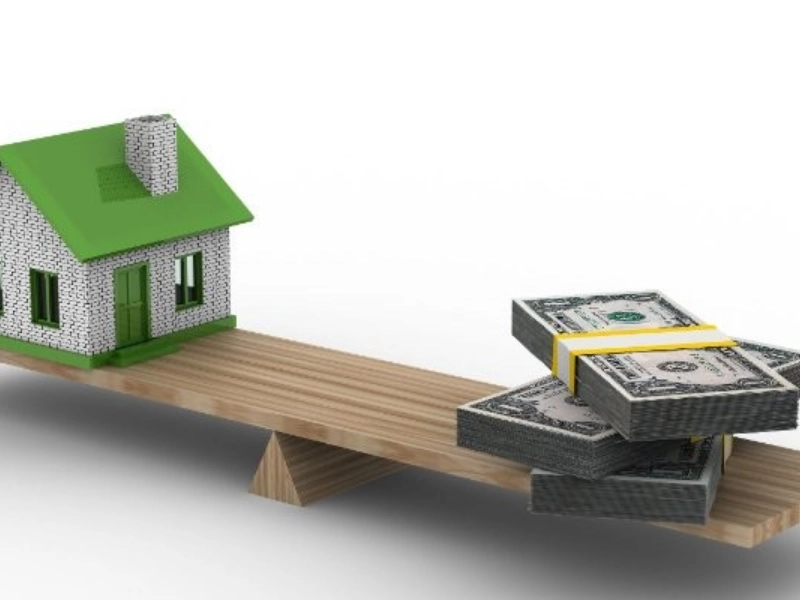 Your numerous debts are combined into a single monthly payment through debt consolidation. By lowering your interest rates, it may save you money and facilitate the repayment of your debt.
If your credit score is good enough, you might be able to qualify for a cheaper rate on your new loan. By doing this, you may be able to lower your overall debt payments and save thousands of dollars over the course of your loan.
A hard query on your record when you consolidate debt with a personal loan may cause your credit score to momentarily decline, but over time, regular on-time payments should raise your credit score. A debt consolidation loan, however, won't address the underlying issue that led to your initial financial difficulties.
Your numerous debts are combined into a single monthly payment through debt consolidation. By lowering your interest rates, it may save you money and facilitate the repayment of your debt.
If your credit score is good enough, you might be able to qualify for a cheaper rate on your new loan. By doing this, you may be able to lower your overall debt payments and save thousands of dollars over the course of your loan.
A hard query on your record when you consolidate debt with a personal loan may cause your credit score to momentarily decline, but over time, regular on-time payments should raise your credit score. A debt consolidation loan, however, won't address the underlying issue that led to your initial financial difficulties.
2. Decreased Loan Interest Rates
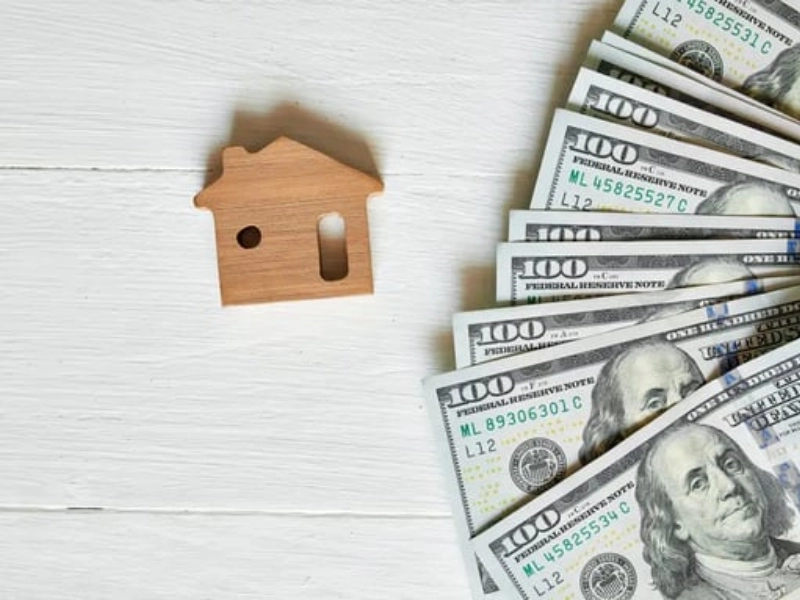 Getting a loan to consolidate your debts can lower your interest rates overall. By consolidating several loan balances into a single monthly payment with a predetermined payoff date, it can help streamline your bill-paying routine. But keep in mind that personal loans have costs associated with them, such as origination and prepayment penalties, so this isn't a free choice. In addition, failing to make timely payments on your new loan may damage your credit ratings and negate the advantages of having a lower utilization rate and an impeccable payment history.
It's crucial to think about if there are any other debt reduction choices that could provide you with a lower rate. You should also assess the reasons behind your debt accumulation to identify fundamental spending problems. This will assist you in deciding whether a debt consolidation loan is truly necessary for you to pay off debt more quickly.
Getting a loan to consolidate your debts can lower your interest rates overall. By consolidating several loan balances into a single monthly payment with a predetermined payoff date, it can help streamline your bill-paying routine. But keep in mind that personal loans have costs associated with them, such as origination and prepayment penalties, so this isn't a free choice. In addition, failing to make timely payments on your new loan may damage your credit ratings and negate the advantages of having a lower utilization rate and an impeccable payment history.
It's crucial to think about if there are any other debt reduction choices that could provide you with a lower rate. You should also assess the reasons behind your debt accumulation to identify fundamental spending problems. This will assist you in deciding whether a debt consolidation loan is truly necessary for you to pay off debt more quickly.
3. Reducing Debt Quickly
 If your goal is to pay off debt, you can manage several high-interest obligations with a single low-interest payment by using a personal loan to consolidate debt.However, it's crucial to keep in mind that debt consolidation is only effective if payments are made on time.
Keep in mind that submitting an application for a new loan triggers a hard inquiry, which may momentarily reduce your credit score. It may become more challenging to repay your loan on time if you skip or forget a payment due to the associated penalties. Locating a support system that can hold you responsible and motivate you to pursue financial well-being is also a smart move. This could be a friend, relative, or credit counselor. To begin, use resources that allow you to check rates without negatively affecting your credit score.
If your goal is to pay off debt, you can manage several high-interest obligations with a single low-interest payment by using a personal loan to consolidate debt.However, it's crucial to keep in mind that debt consolidation is only effective if payments are made on time.
Keep in mind that submitting an application for a new loan triggers a hard inquiry, which may momentarily reduce your credit score. It may become more challenging to repay your loan on time if you skip or forget a payment due to the associated penalties. Locating a support system that can hold you responsible and motivate you to pursue financial well-being is also a smart move. This could be a friend, relative, or credit counselor. To begin, use resources that allow you to check rates without negatively affecting your credit score.
4. No Penalties for Prepayment
 If the high interest rates on your current debt make it difficult for you to pay it off, a personal loan could be very beneficial financially. You may save money and reach debt freedom sooner if you replaced many debts with a single, lower-interest payment and repayment term rather than continuing to pay off multiple sums at various rates.
Furthermore, by increasing your credit utilization ratio—which is one of the variables used to determine your score—a personal loan may raise your credit scores. But this will only happen if, after getting the loan, you don't accrue extra debt. Furthermore, it's critical to keep in mind that a debt consolidation loan won't eliminate bad spending patterns. You will still have monthly costs to plan for and keep track of. If you don't, the interest on your debt will keep growing and deplete your savings.
If the high interest rates on your current debt make it difficult for you to pay it off, a personal loan could be very beneficial financially. You may save money and reach debt freedom sooner if you replaced many debts with a single, lower-interest payment and repayment term rather than continuing to pay off multiple sums at various rates.
Furthermore, by increasing your credit utilization ratio—which is one of the variables used to determine your score—a personal loan may raise your credit scores. But this will only happen if, after getting the loan, you don't accrue extra debt. Furthermore, it's critical to keep in mind that a debt consolidation loan won't eliminate bad spending patterns. You will still have monthly costs to plan for and keep track of. If you don't, the interest on your debt will keep growing and deplete your savings.
5. Availability of Cash
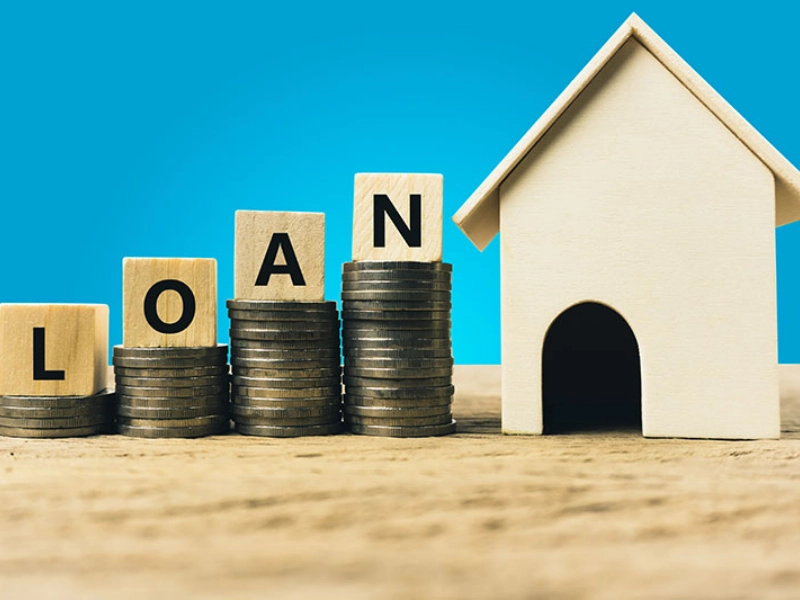 Paying off accounts more quickly, lowering interest rates, and consolidating debt are all made possible with personal loans. Before applying for a personal loan, it's crucial to think about how a new monthly loan payment would fit into your budget. Taking on further debt might not be the wisest financial move for you if you are still having trouble with overspending.
Fixed interest rates are another feature of personal loans; unlike credit cards, your rate won't increase over the course of the loan. However, paying for big items with a personal loan could raise your debt-to-income ratio and have a bad impact on your credit ratings. Examine the reasons behind your initial debt in order to identify any negative behaviors that need to be changed before applying.
Paying off accounts more quickly, lowering interest rates, and consolidating debt are all made possible with personal loans. Before applying for a personal loan, it's crucial to think about how a new monthly loan payment would fit into your budget. Taking on further debt might not be the wisest financial move for you if you are still having trouble with overspending.
Fixed interest rates are another feature of personal loans; unlike credit cards, your rate won't increase over the course of the loan. However, paying for big items with a personal loan could raise your debt-to-income ratio and have a bad impact on your credit ratings. Examine the reasons behind your initial debt in order to identify any negative behaviors that need to be changed before applying.






